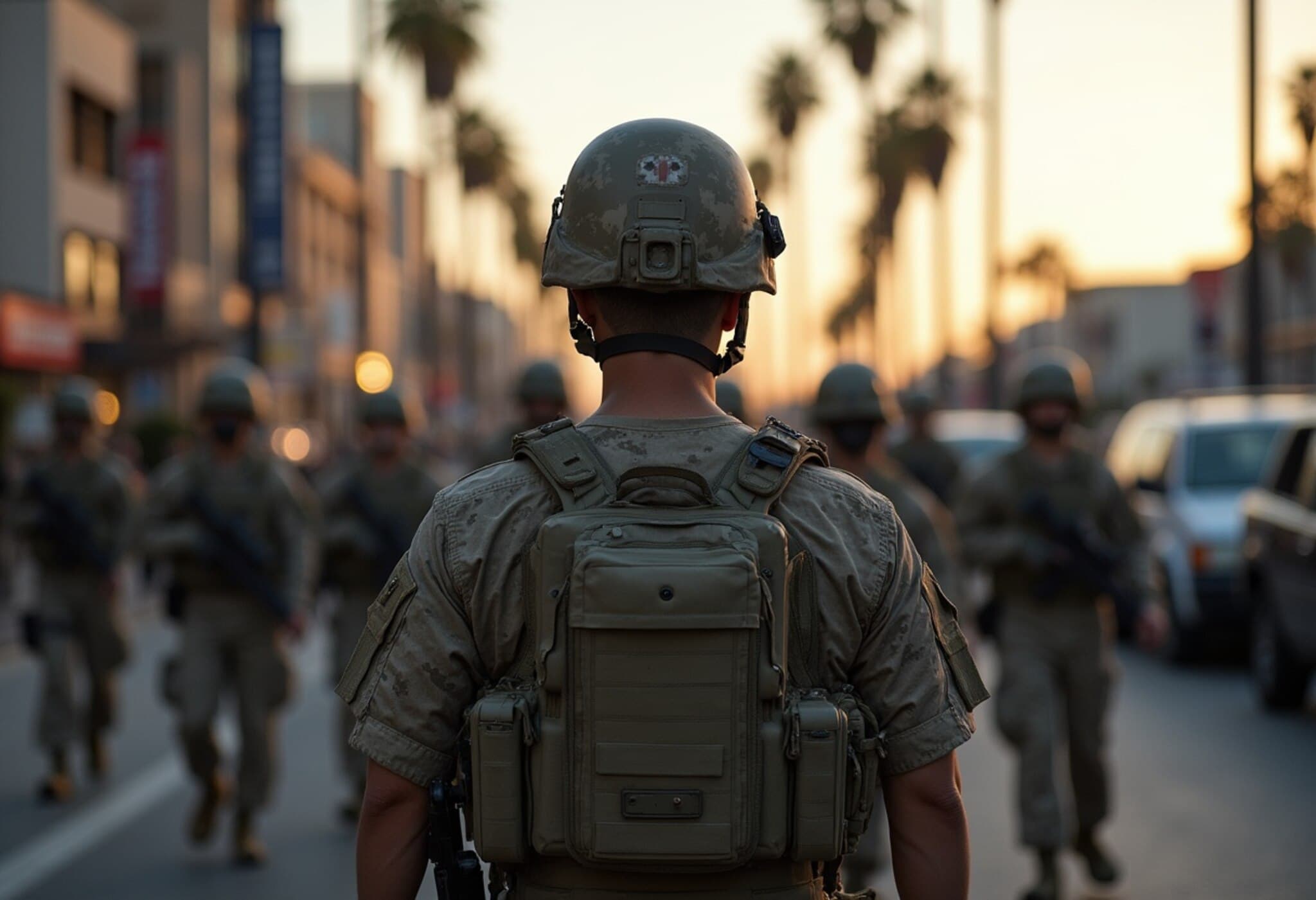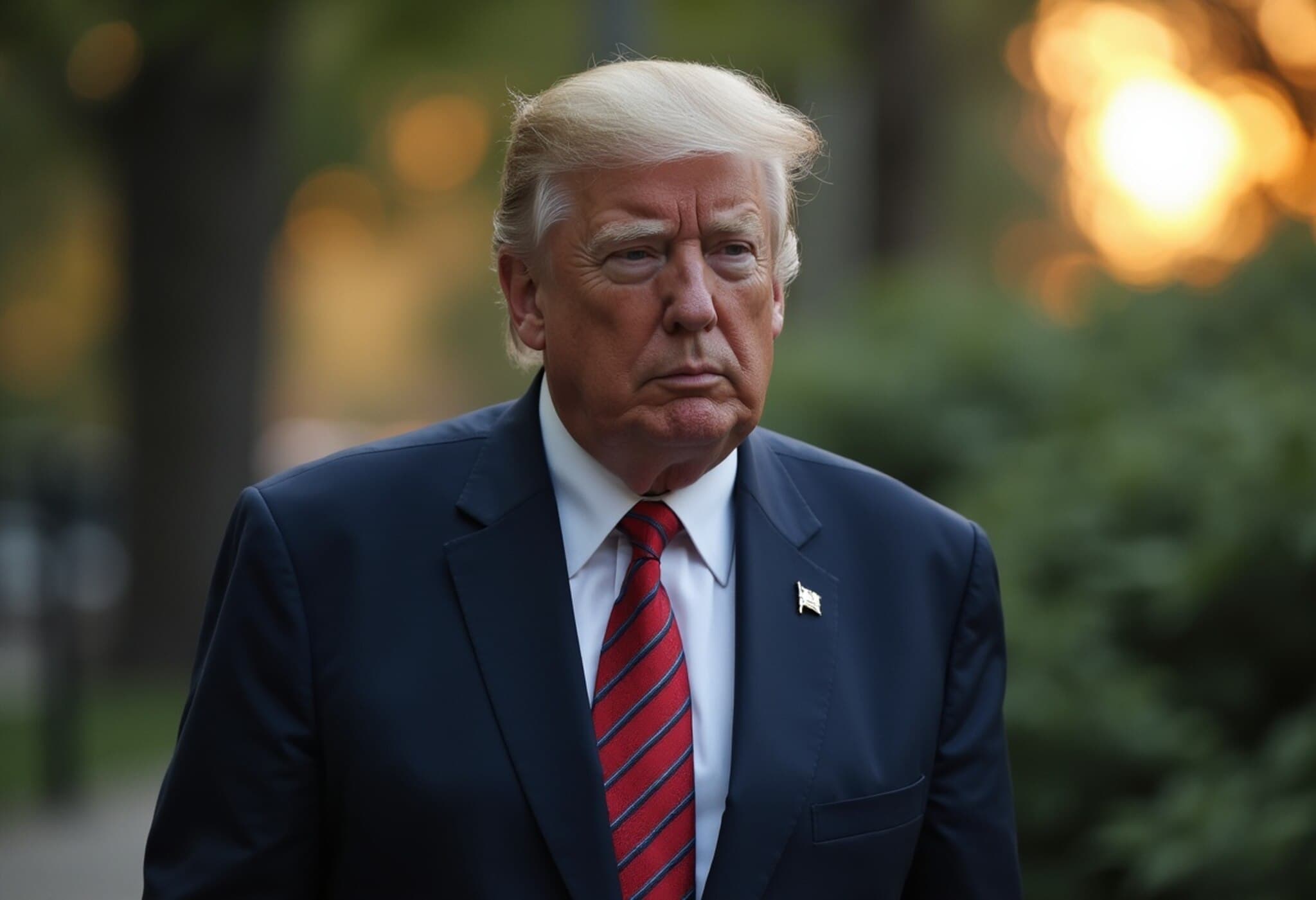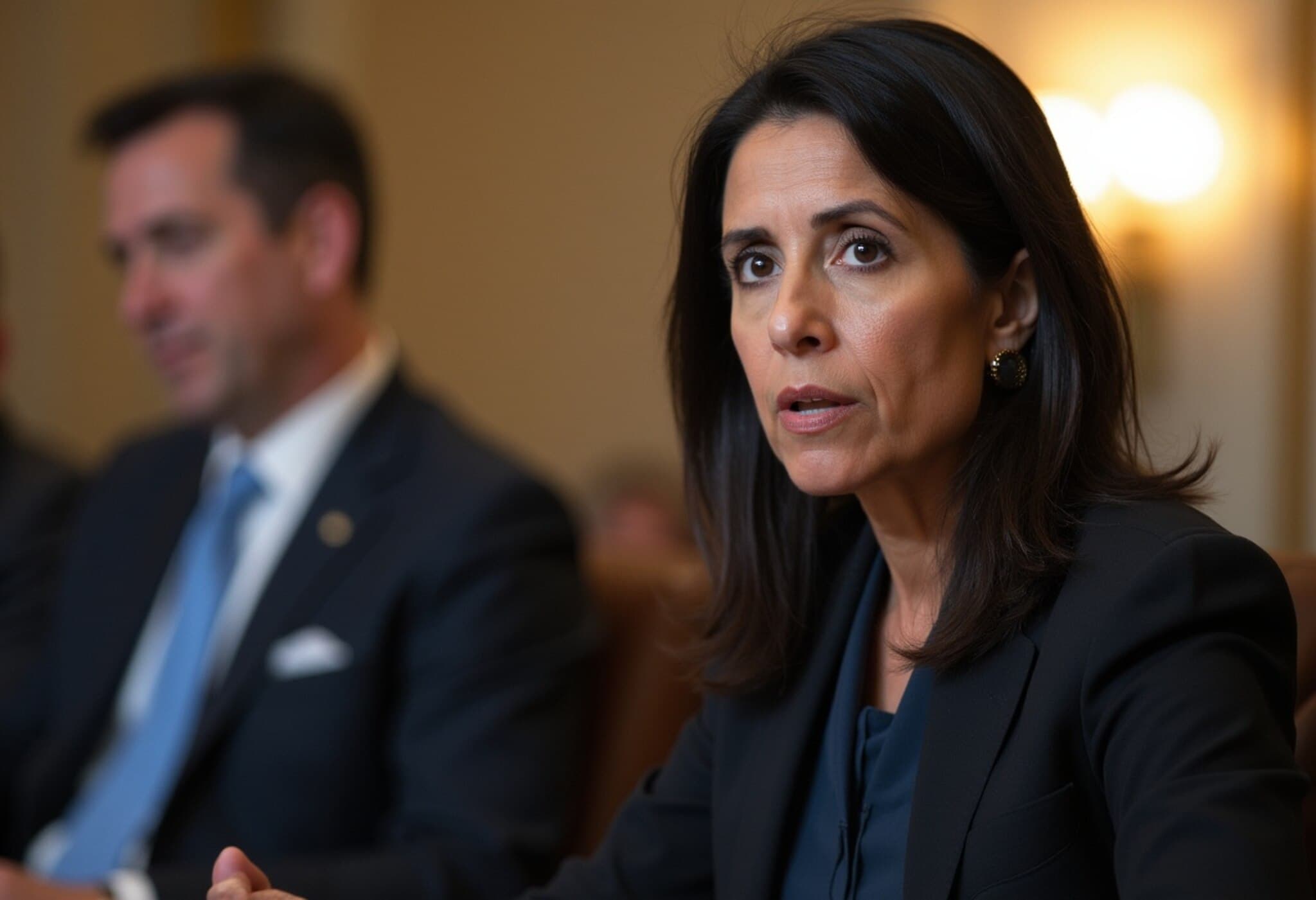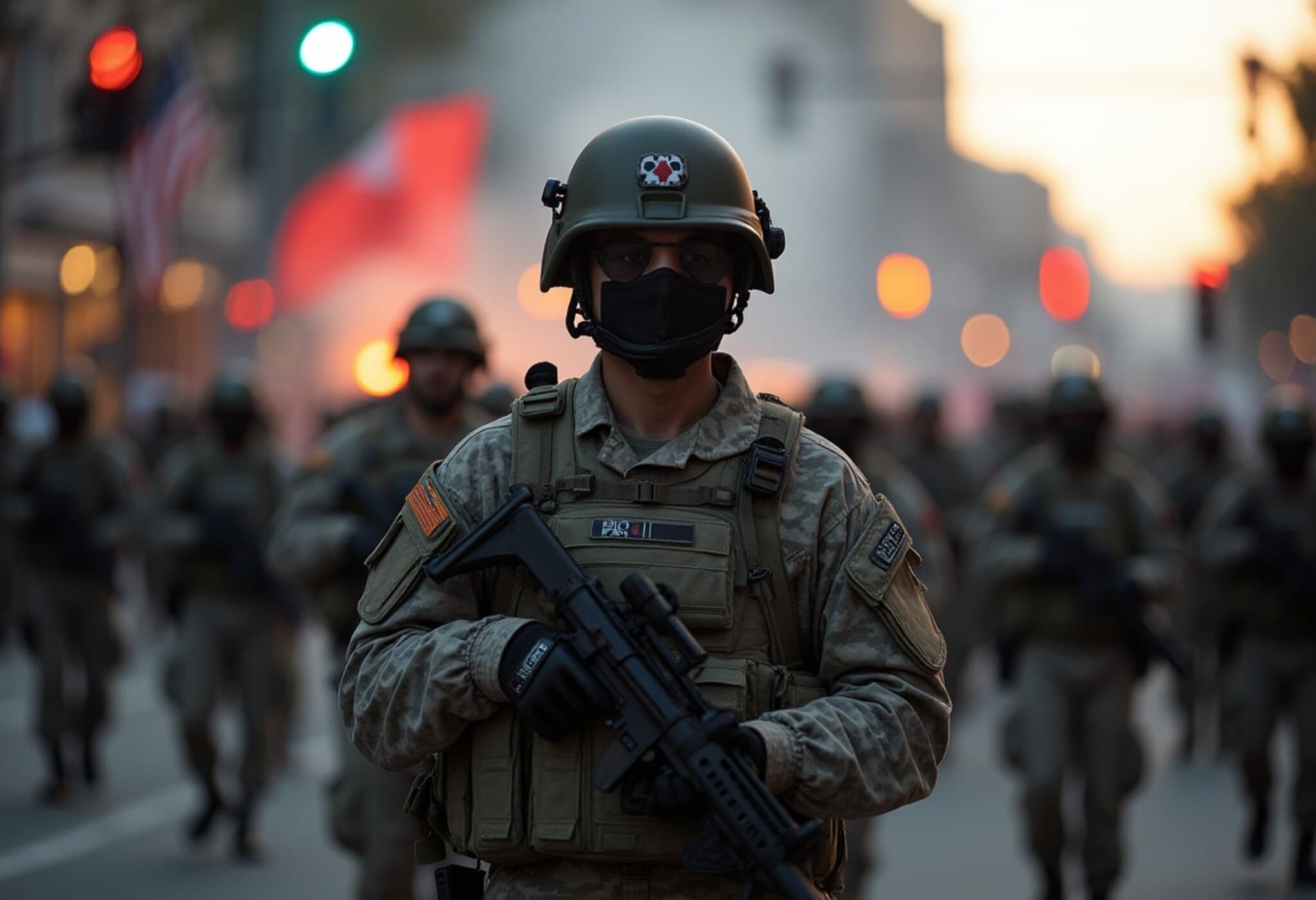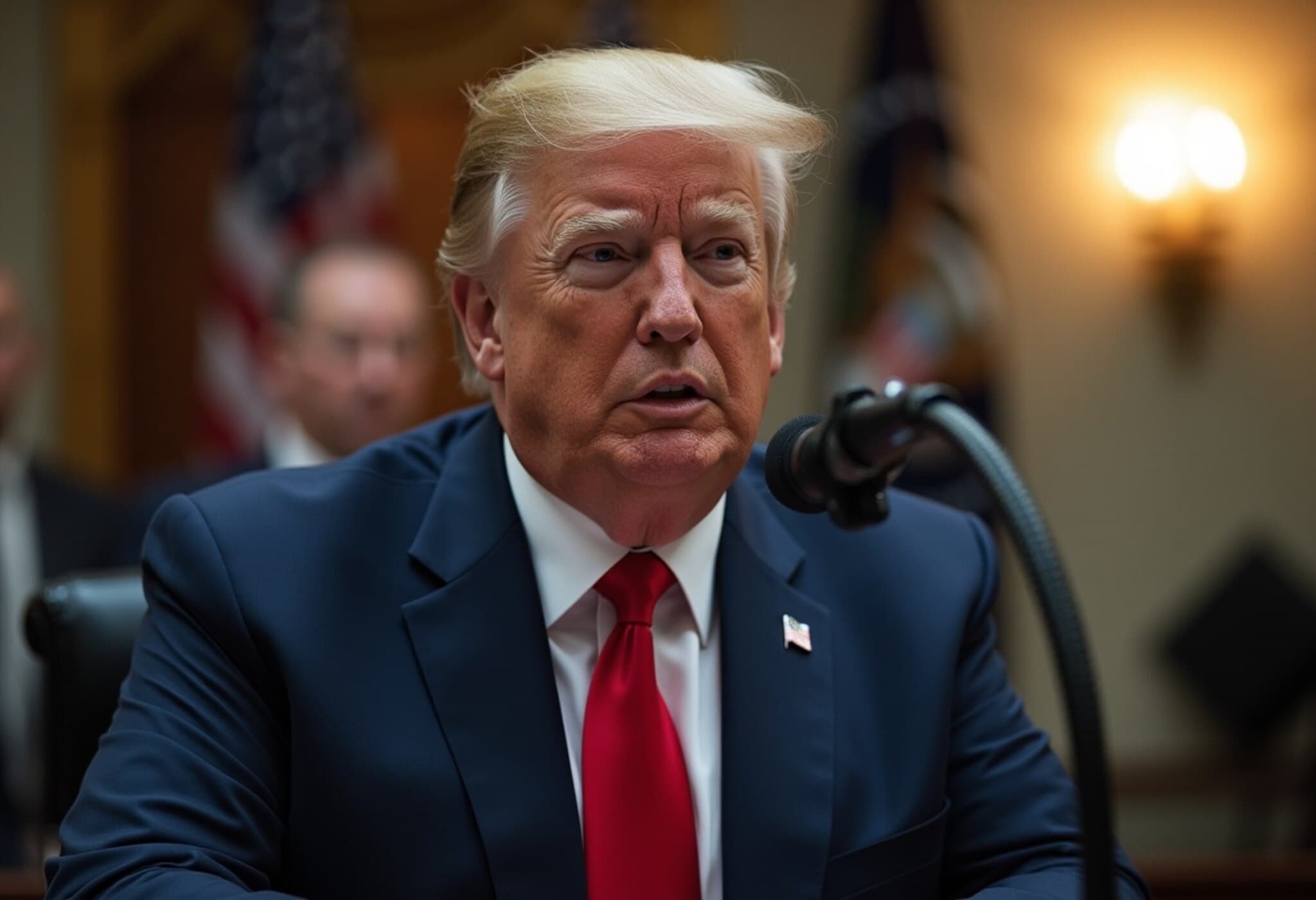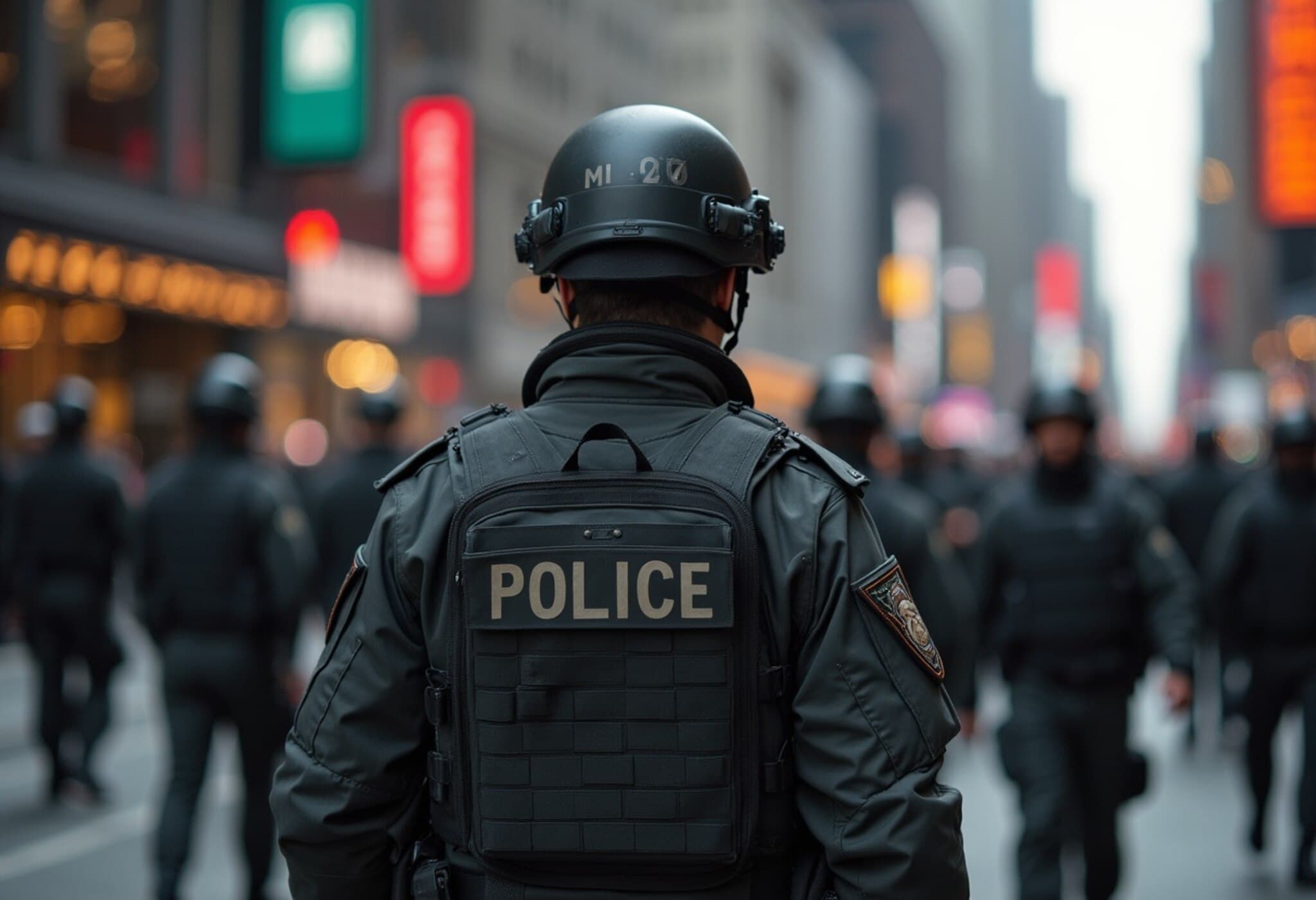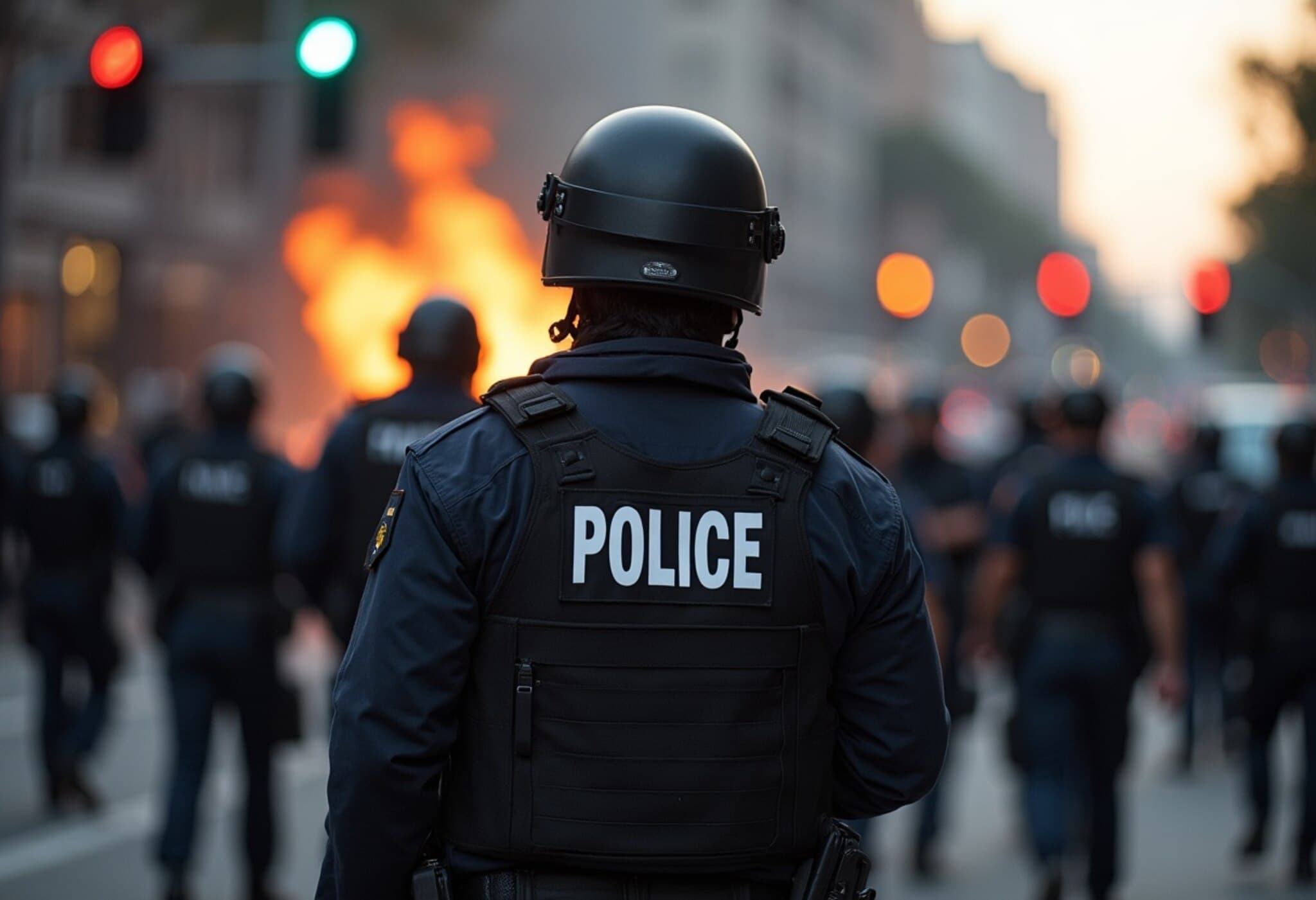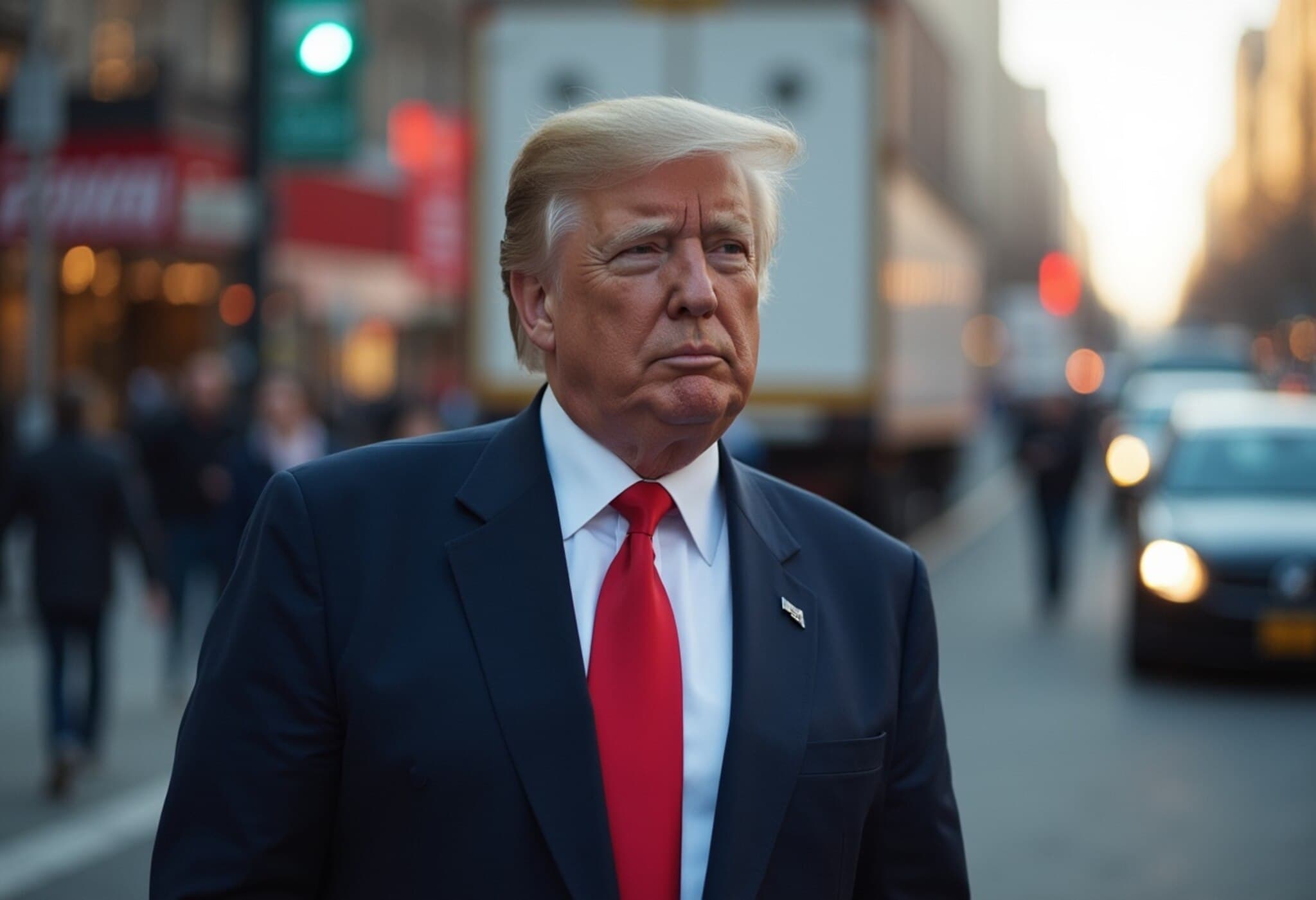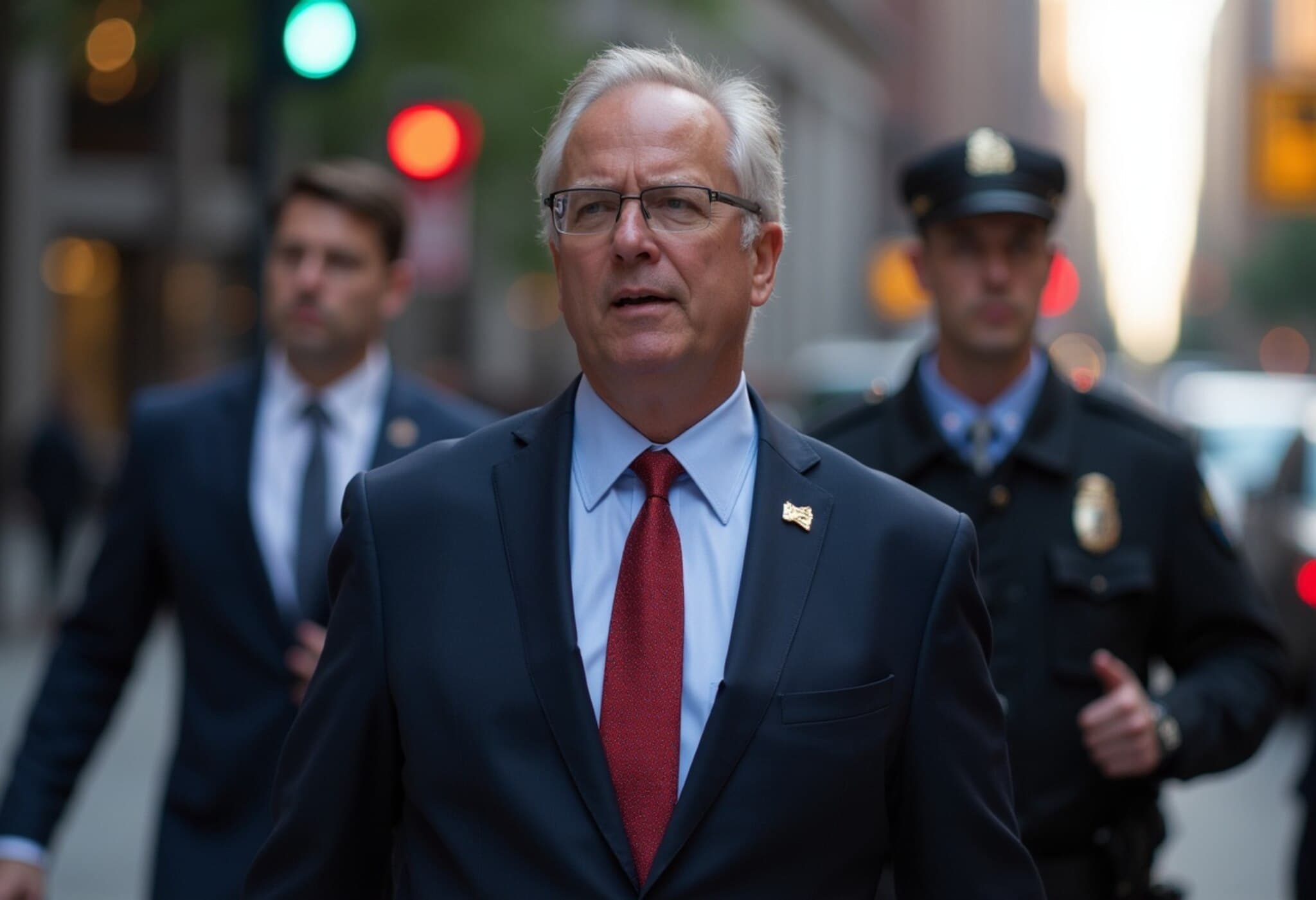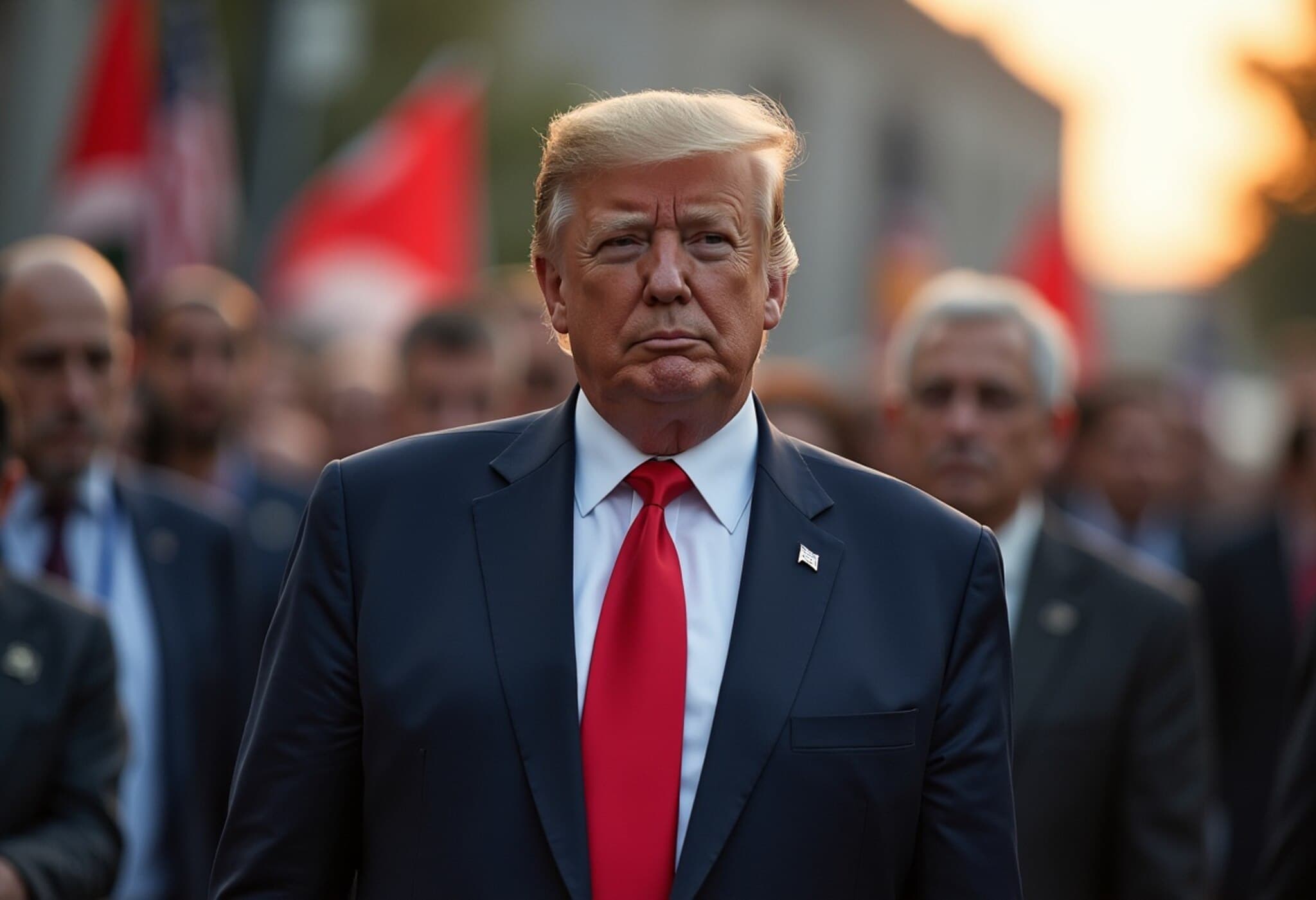Pentagon Ends Deployment of 700 US Marines in Los Angeles After Widespread Backlash
In a move welcomed by local officials but controversial on the national stage, the Pentagon announced on Monday the withdrawal of 700 US Marines from Los Angeles. This decision effectively ends a highly contentious federal military deployment sparked by months of protest and political friction.
Background: A Deployment Rooted in Tension
Just last month, President Donald Trump ordered thousands of National Guard troops and several hundred Marines to Los Angeles in response to swelling protests over immigration enforcement sweeps. With Los Angeles designated as a sanctuary city — home to a substantial undocumented population — the federal government’s aggressive stance was met with fierce opposition from California’s leaders and civil rights advocates alike.
Governor Gavin Newsom and Los Angeles Mayor Karen Bass were vocal critics, characterizing the deployment as an unnecessary militarization of city streets. Their objections reflected broader concerns about federal overreach and the potential chilling effects on immigrant communities.
Official Perspectives and Tactical Outcomes
Pentagon spokesperson Sean Parnell defended the Marines’ role, asserting that their presence transmitted a clear message that lawlessness would not be tolerated. He commended their "rapid response and discipline," which helped stabilize the city during moments of unrest. Defense Secretary Pete Hegseth subsequently authorized not only the Marines’ withdrawal but also a reduction from 4,000 to 2,000 National Guard troops.
Mayor Bass hailed the withdrawal as a "win for Los Angeles," emphasizing that the federal deployment was "unnecessary," and underscoring the importance of local governance in maintaining public order and trust.
Historical and Policy Implications
- Historical precedent: This deployment represented the first occasion since 1965 that a sitting president ordered National Guard forces into a state over the governor's explicit objections, highlighting a rare constitutional tension between federal and state powers.
- Political ramifications: The incident raises critical questions about the limits of federal authority during civil unrest, especially in jurisdictions with sanctuary policies.
- Community impact: The militarization of immigration enforcement has unsettled immigrant communities, potentially undermining community-police relations and fueling fears of over-policing.
Expert Commentary
Dr. Maria Lopez, a policy analyst specializing in immigration enforcement and civil-military relations, notes, "Deploying military forces domestically is always a fraught decision, especially against the wishes of local leaders. While federal governments may intend to project authority and order, the backlash underscores how such moves can exacerbate divisions and distrust. This situation in Los Angeles serves as a case study in balancing public safety with civil liberties and local autonomy."
Looking Ahead
With the Marines now withdrawn and federal troop numbers halved, Los Angeles faces the challenge of healing community rifts while continuing to enforce immigration laws within legal and ethical boundaries. Observers will be keenly watching for how California navigates these tensions, especially amid ongoing debates over sanctuary policies and federal-state relations.
Editor’s Note
The Pentagon’s pullout of 700 Marines from Los Angeles illuminates a complex interplay of federal authority, local governance, and community trust in the face of contentious immigration enforcement. As this story unfolds, critical questions remain: How should federal governments engage with sanctuary cities? What safeguards are necessary to protect civil liberties during public unrest? And how can communities reconcile security concerns with humanitarian principles? This episode invites deeper reflection on the delicate balance between law enforcement and the rights of vulnerable populations.

